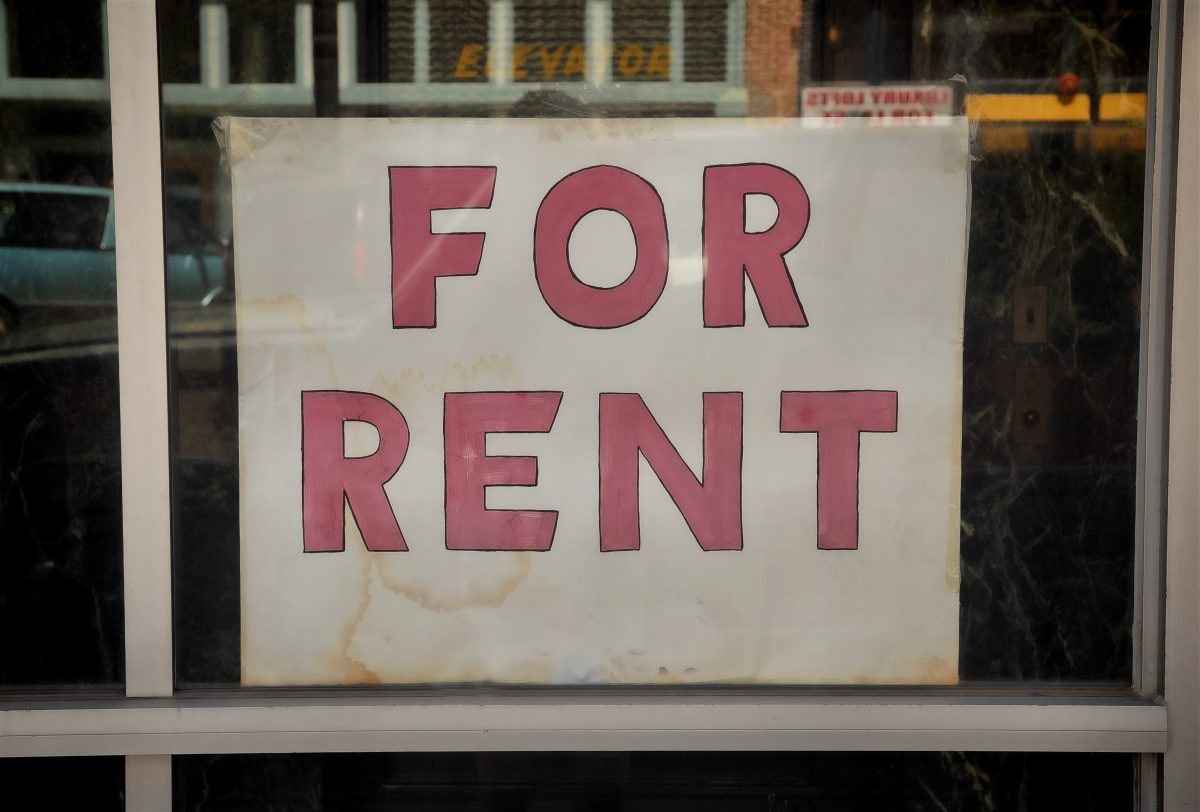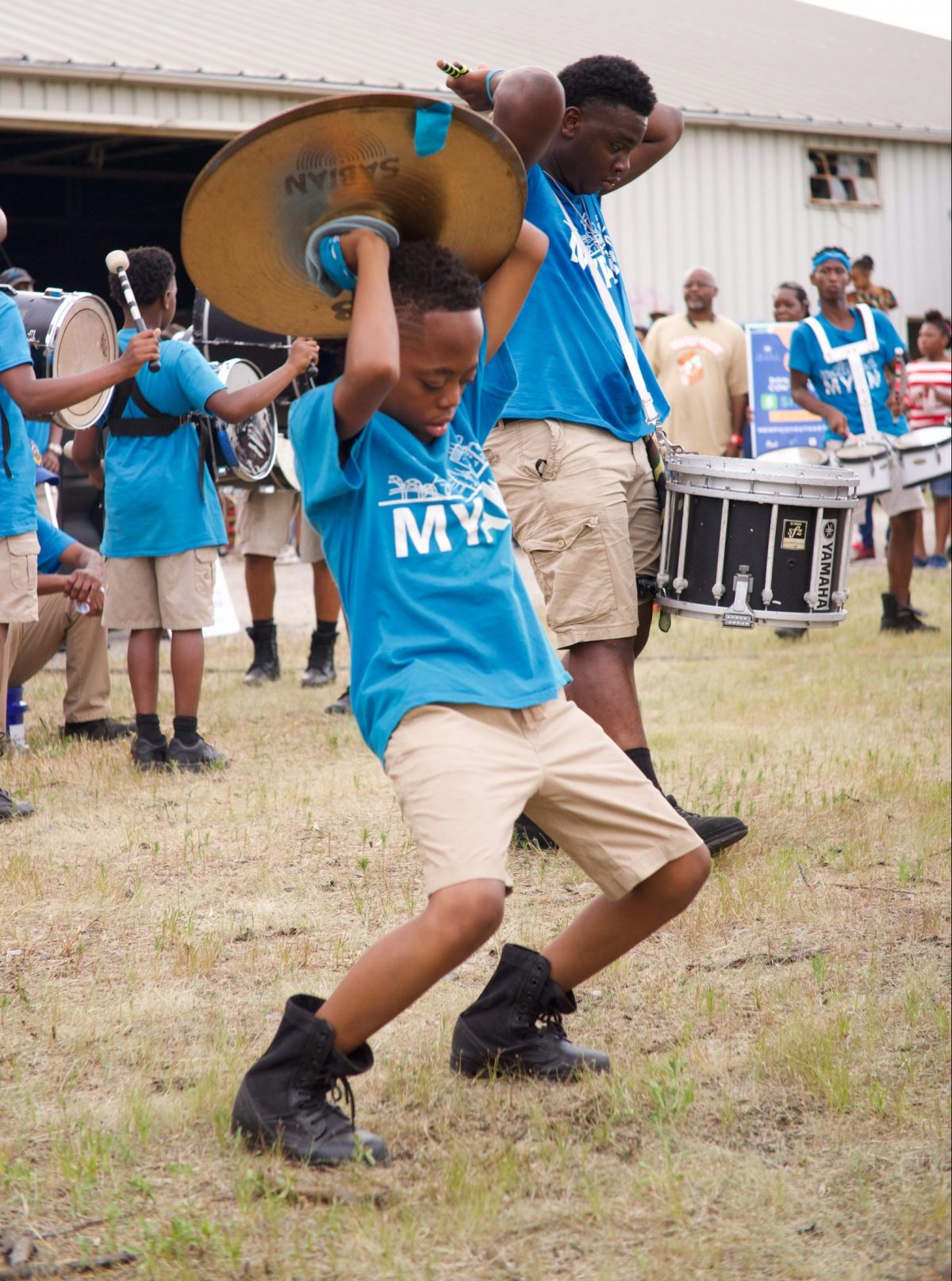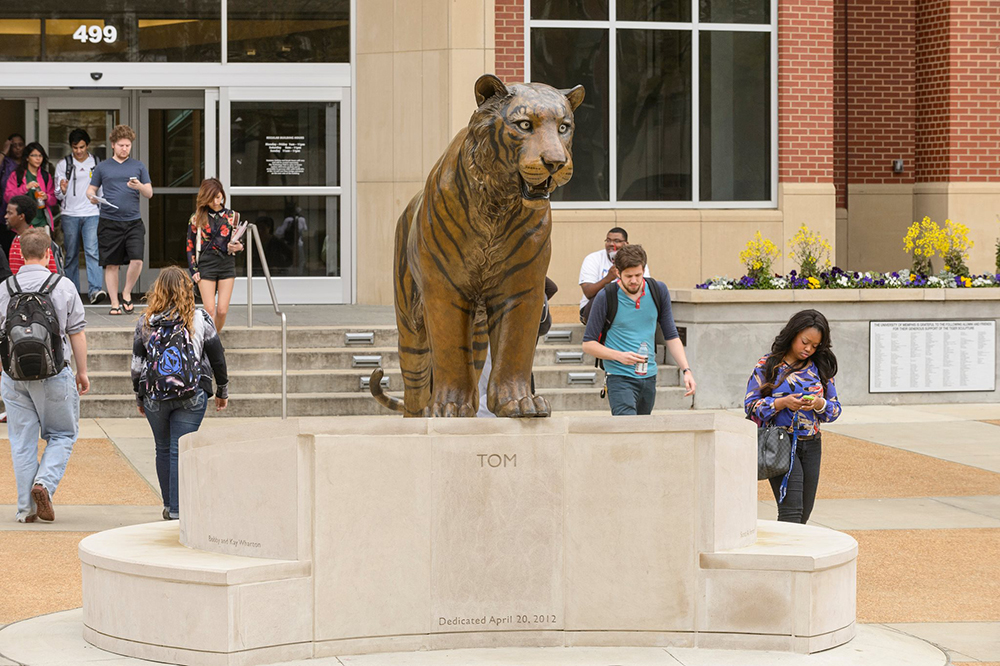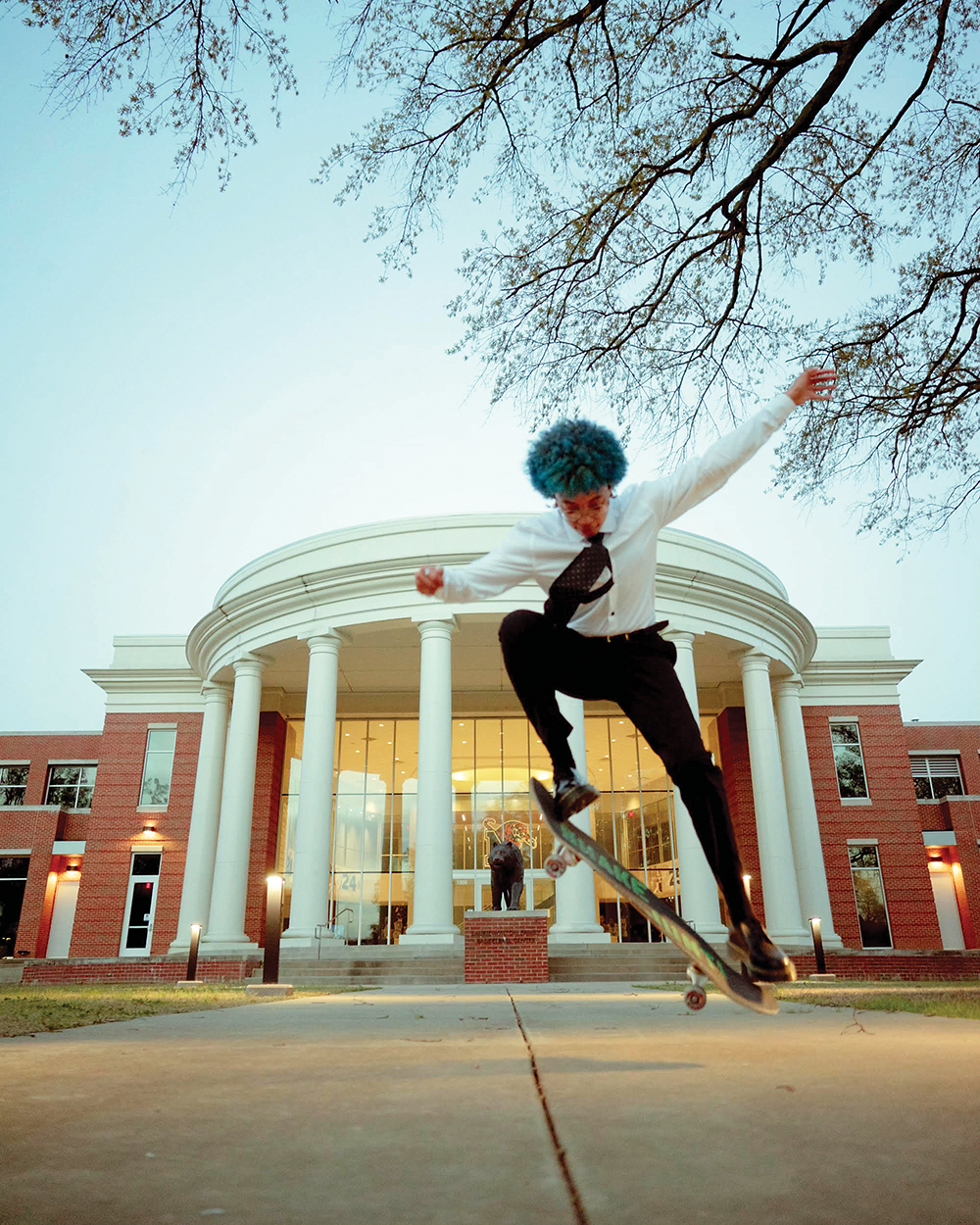A recent post detailing median apartment asking rents for May 2022 has gone viral on social media. The comments section on the story, “Rents across U.S. rise above $2,000 a month for the first time ever” by Chris Arnold, is rife with speculation, commiseration, and accusation.
The story, which was posted by NPR, details numbers from a Redfin report that shows that asking rents for available apartments had risen 15 percent from a year ago, and had also risen above $2,000 a month for the first time. The post received a mix of reactions, with many agreeing that these numbers are “unsustainable.”
“Mainly it’s because we have a lack of housing inventory available,” explains Amy Schaftlein, executive director of United Housing, a nonprofit affordable housing agency.
According to Schaftlein, at the beginning of the Covid-19 pandemic, rates were low, causing more people to “rush into the market,” in order to to take advantage of low interest rates.
She continues, “Because rates were some of the lowest that we’ve seen, you have a whole bunch of people trying to get into homeownership, and we haven’t been building new homes, especially at the starter home level in about 10 years. So the Great Recession has really stopped new home builds from happening over the last 10 years.”
Schaftlein explains that these historically low rates, combined with historically low inventory, led to a rush in demand, which in turn pushed up housing prices across the board. That is not just at selling price. The same applies for rent.
“You’re having people on the lower-rent side being able to stay in their homes because of the eviction moratorium and some of the rent assistance, but then you’re not seeing new rents or new homes coming,” says Schaftlein.
Factoring this in with inflation and rising costs, the Federal Reserve has had to raise interest rates, which causes people who are homeowners and “stuck at these low rates” not to move.
“With an overly competitive real estate market with millennials and GenZ’ers not able to get in because it’s too competitive to get a home loan, many people gave up,” Schaftlein continues. “Even millennials with a higher income represent a huge increase in the amount of rent applications.”
Those who can afford to buy, and are opting to stay out of the home ownership market, are choosing to stay out due to the highly competitive nature of the market, pushing them to move toward renting, which causes rent prices to go up, Schaftlein says.
There are a number of reasons why younger people are not qualifying for loans in a timely fashion, such as student debt, as well as new trends in employment.
“We’re working differently,” Schaftlein says. “A lot of people that are contract workers aren’t going to be able to show that 24-month work history necessarily, because they may be entrepreneurs, or do more contract type of work.”
Schaftlein says that this type of work is typically harder for loan officers and lenders to underwrite, which, in turn, makes it harder for the applicants to qualify to get mortgage loans, even if they have the income and show it in the bank.
Remote work has also removed the pressure for people to “put down roots,” Schaftlein says. This allows people the freedom to move around and have more flexibility in their jobs, which she believes also contributes to the idea that younger people are no longer considering being homeowners.
Another factor is out-of-town investment by larger companies, who can afford to invest capital unavailable to individual buyers. As the Flyer’s Toby Sells wrote in his 2019 cover story “Dream Denied,” “More and more Memphians are missing out on the American Dream, especially if you consider homeownership a centerpiece of that dream. Wall Street corporations are sucking up homes in struggling neighborhoods, spitting them back out as rentals, and — in doing so — sucking out wealth and access to upward mobility, particularly in African-American communities.”
Still, while many are postponing the dream of being homeowners, there are still those who prefer that option.
“Rent prices definitely scare me,” 22-year-old Yazmeen Berkley says.
“I hear my peers talk about how high the rent is and how they have to make ends meet or how they’re tired of bills and although that will be my reality soon, I’m really thankful right now that it’s not.”
Berkley has decided to stay home with her parents, as they told her that they weren’t “rushing her to move out of the house.” It’s an option that is not available to everyone. But taken along with Schaftlein’s comment about millennials (who are now between 26 and 41 years old) representing an increase in the number of rental applications, it helps show a change in the age at which Memphians are attempting to achieve homeownership.
T’airra Fuller, 27, has lived in Collierville for two years for “an elevation in her career.” Fuller lost her job during the pandemic, and had to move back to Mississippi. Six-months later, Fuller says that rent had gone up to $1,100 and says that she is now paying $1,200 in rent. While she is paying for location and a promise of safety, she prefers to be in the process of purchasing a home.
“The house thing isn’t going too great right now,” Fuller says. “It’s kind of hard being a single woman and you’re the only one bringing income into the household. I had to take on another job. I quit my second job [retail], but I’m working on having my own independent call center, because it’s hard. You have to make ends meet. Some people have two incomes coming in, I have one.”



